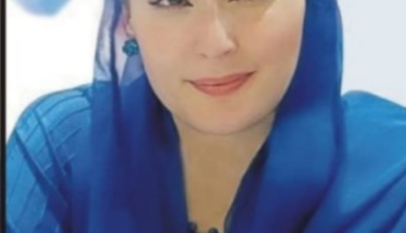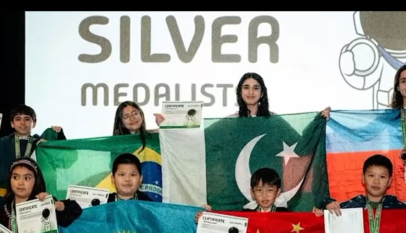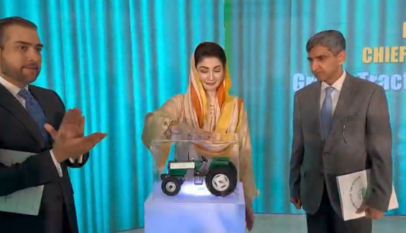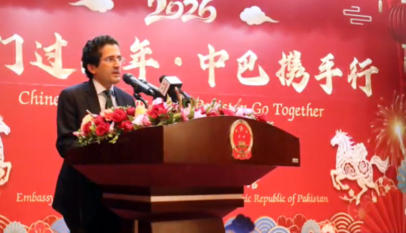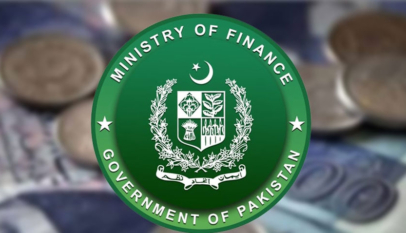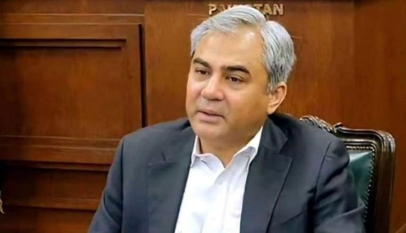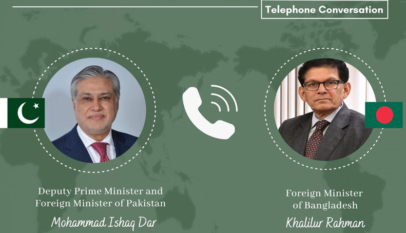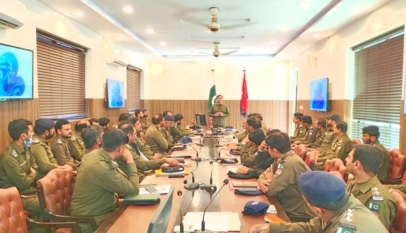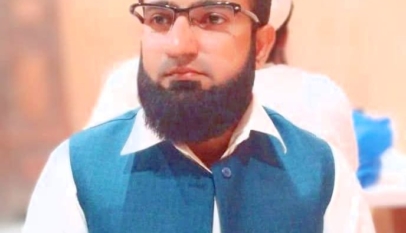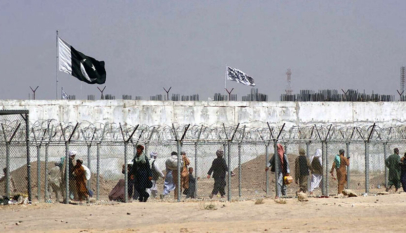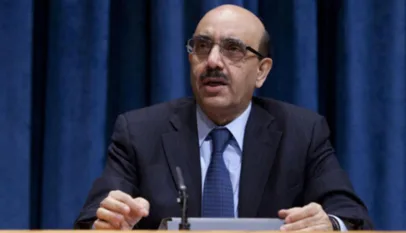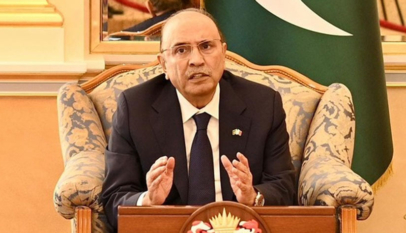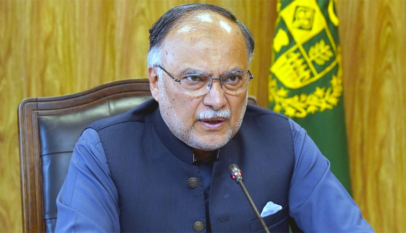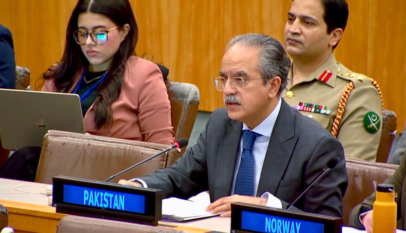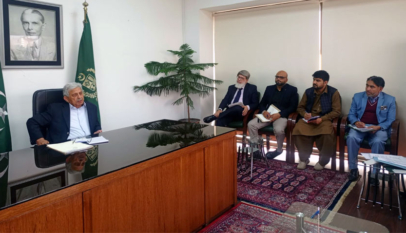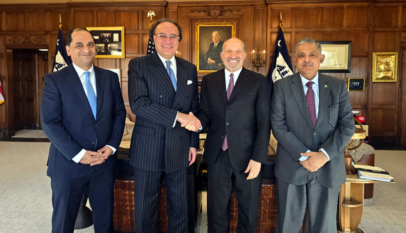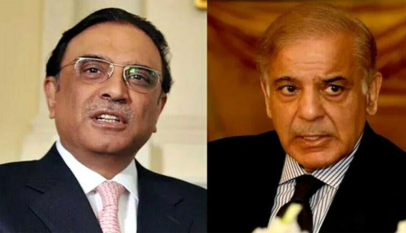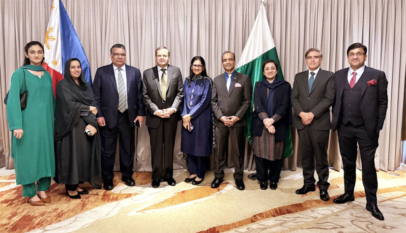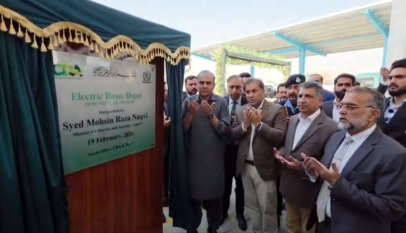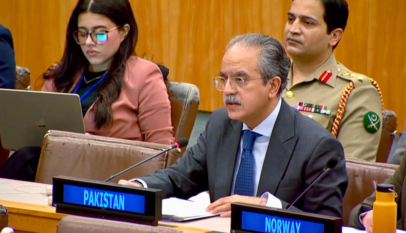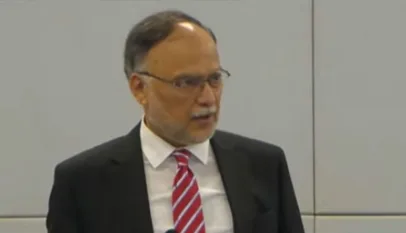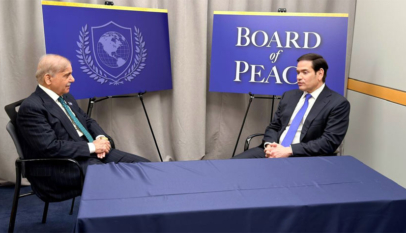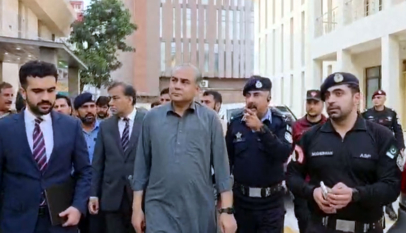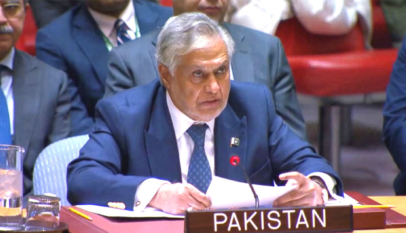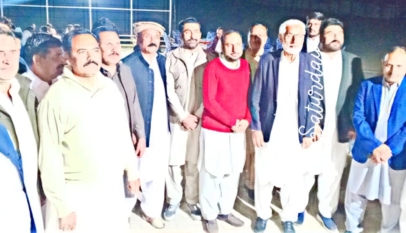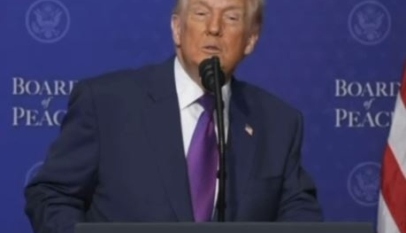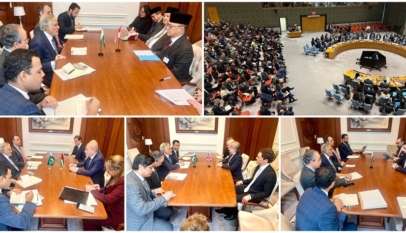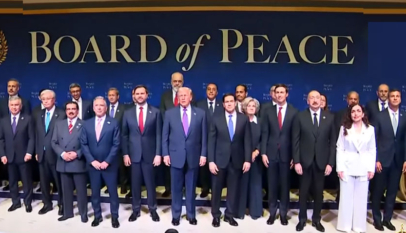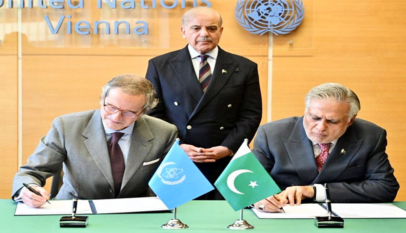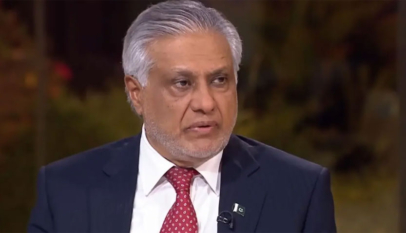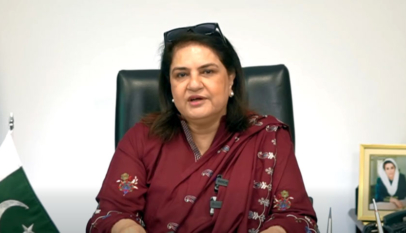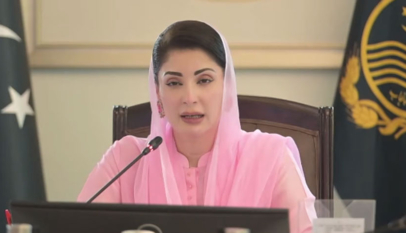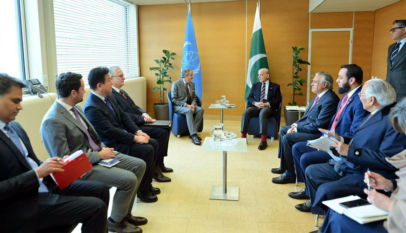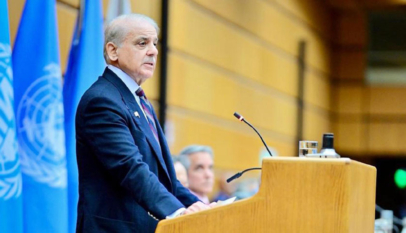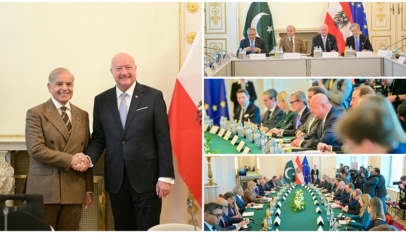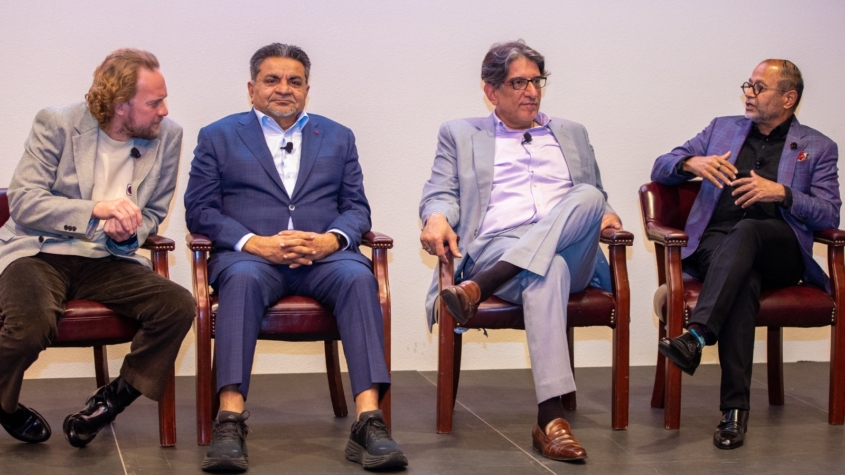
Habib University’s unique vision to ensure quality education for high-merit students from diverse socio-economic backgrounds placed Pakistan in the forefront of global higher education discourse.
The University was recognized as a premier liberal arts institution transforming higher education in the global South in two seminal events in the USA – the New England Commission of Higher Education (NECHE) Annual Meeting 2023 and a celebration of global philanthropists at Stanford University.
In a first for any Pakistani university, Habib University had the distinct honor to be invited to speak at NECHE (New England Commission of Higher Learning), one of the oldest accreditation bodies globally known for its commitment to quality, innovation and student success in higher education.

Prestigious liberal arts institutions with long-standing academic integrity and merit-based access such as Yale and Harvard boast a place on its coveted roster. Here, Habib University President Wasif Rizvi introduced the concept of “international agility” as an intellectual endeavor that captures the institution’s distinctive model of higher education, which prioritizes a holistic understanding of one’s own reality as well as contextual and indigenous knowledge. It equips our students to contribute to both community and industry as intelligent and thoughtful global citizens.
Habib University’s model reflects a strong commitment to inclusivity. Its community-owned approach, ensures all deserving students access quality higher education regardless of financial constraints.
Recognizing the contributions of its Mohsineen (beneficiaries) is crucial to Habib University’s community-owned model. To this end, the University hosted a historic event, “Transformative Gifts: Creating Legacies”, at Stanford University on December 9, along with the academic leaders Dr Alexander Key and Sarah Stein Greenberg in celebration of the remarkable contributions of the Dhanani and Jeewanjee families.
“Elevating the standard of academic excellence in Pakistan poses a compelling challenge,” said President Rizvi, addressing the event. “Our mission is to position Karachi as a dynamic platform that beckons higher-caliber academics. By dispelling misconceptions, we aim to unveil the true potential and vibrancy of Pakistan.”
The distinguished legacies established by these families at Habib University, in the form of the Dhanani School of Science and Engineering and the Imam Ali (AS) Endowed Faculty Chair in Wisdom and Humanities, exemplify the rich tradition of US philanthropy that recognizes higher education as a transformative force for global change.
Habib’s efforts were appreciated by Dr Key, Associate Professor of Comparative Literature at Stanford University, who observed, “The Liberal Core at Habib University is a more intellectually exciting, better organized and more rigorous undergrad education program than my colleagues and I have created here at Stanford”.
Greenberg, his colleague and Executive Director of Stanford University’s d.school, seconded this view and commended Habib University for “paving the way for inclusive education and ensuring equal access to knowledge and opportunities across Pakistan”.
The event brought together attendees from various US cities and participants on Stanford’s picturesque campus, reinforcing Pakistan’s positive narrative. It provided a platform for insightful discussions on challenges in Pakistan’s higher education, the marginalization of students along class lines, and deeper issues.

